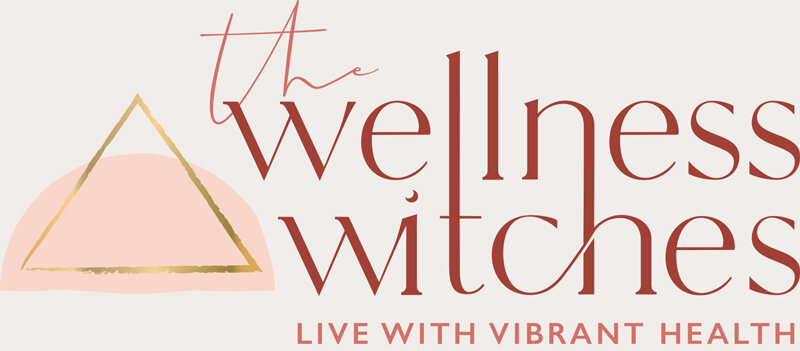Why your gut health matters in perimenopause
Perimenopause and menopause is not just hot flushes –many women experience weight gain, sore joints, anxiety, depression, insomnia, itchy skin and also gut health changes.
IBS, bloating, constipation and increasing food intolerances are very common.
1 in 5 women in their mid-life years experience changes to their gut health, and if you go into midlife with already existing gut issues, they usually worsen.
Here is why your gut issues can worsen in this hormonal transition time:
all our organs, including our gut, also age. The ageing process usually includes some form of inflammation, which we also call “inflammageing”. It is a natural process, but nevertheless this means we have to work harder to keep inflammation at bay.
because of decreases in estrogen and progesterone during menopause, the bacteria that normally metabolize these hormones become depleted, resulting in decreased diversity of the gut microbiome. Reduced gut microbiome diversity is usually considered harmful for health.
sleep often worsens in perimenopause and menopause. Your digestive system and gut microbiome works on a 24 hour circadian rhythm (just like every other cell in your body), and usually suffers from the sleep disruption.
the lining of women’s guts is thinner and is full of oestrogen receptors, so as our estrogen levels decline, this affects our motility (or movement) of our gut.
Research shows that there is a powerful connection between the state of your digestive system and your ongoing health as you age. It really matters how healthy your gut is in midlife and as you age. It is well established that human gut microbiota metabolically interacts with your sex hormones.
Studies show important evidence that menopause-related gut microbiome changes were associated with adverse cardiometabolic risk in post-menopausal women, indicating the gut microbiome contributes to changes in cardiometabolic health during menopause.
Unfortunately, very often gut health advice is designed either for a young and /or a largely male audience. As mid-life women, we need a different approach-not a one-size-fits-all.
So how is your digestion?
Feeling bloated most days?
Irregular bowel movements or increased gas?
Daily indigestion and heartburn?
A decreased tolerance for your favorite foods, like bread?
Frequently feeling full after eating minimal amounts?
Is it getting harder for you to maintain your weight?
Are your energy levels low a lot of the time?
Brain fog and fatigue increasing? Not all your digestive symptoms will be obviously in your gut.
Changes in your gut microbiome during menopause may increase your risk for things like:
Heart disease
Obesity
Type 2 diabetes
Metabolic syndrome
So, what can you do in midlife to reduce your risk and improve digestion and hormones?
focus on sleep! This will directly help your gut health as well as hormones like insulin
avoid processed foods and focus on a fresh, organic, whole food diet with lots of diverse plant fibres
get on top of your gut issues with functional lab testing and working with a practitioner to identify root causes and imbalances in the gut. This is particularly important if you want to use Hormone replacement therapy - you want as little inflammation as possible going into menopause and adding extra hormones into the mix.
I work 1:1 with women to repair their gut health and hormones in midlife so they can double their energy, stay strong, lean and feel their best longterm. Test, don’t guess.
